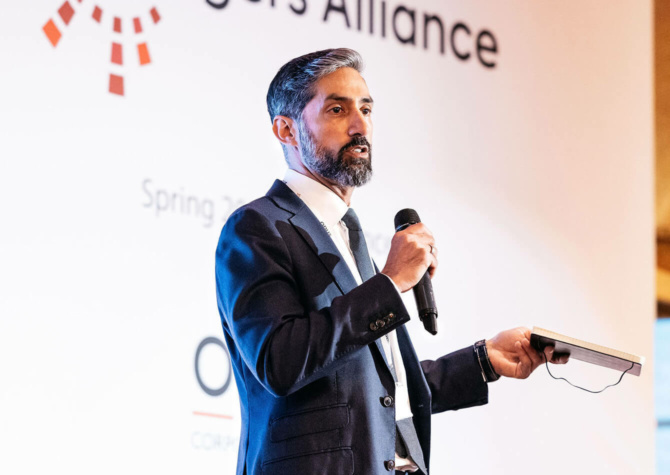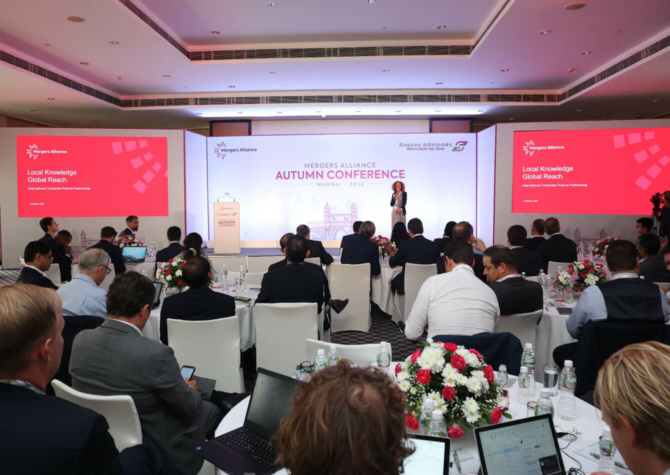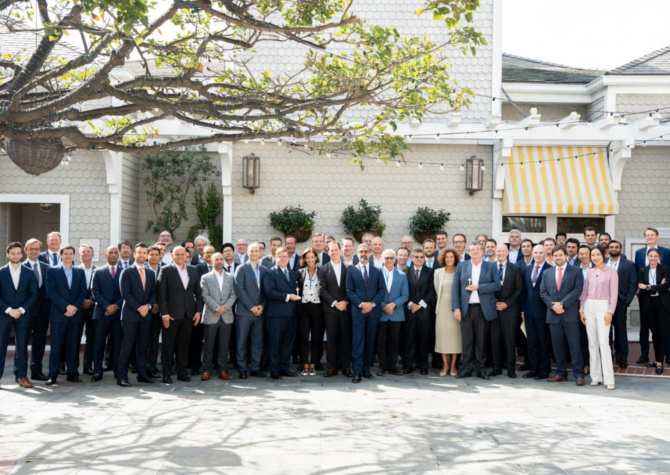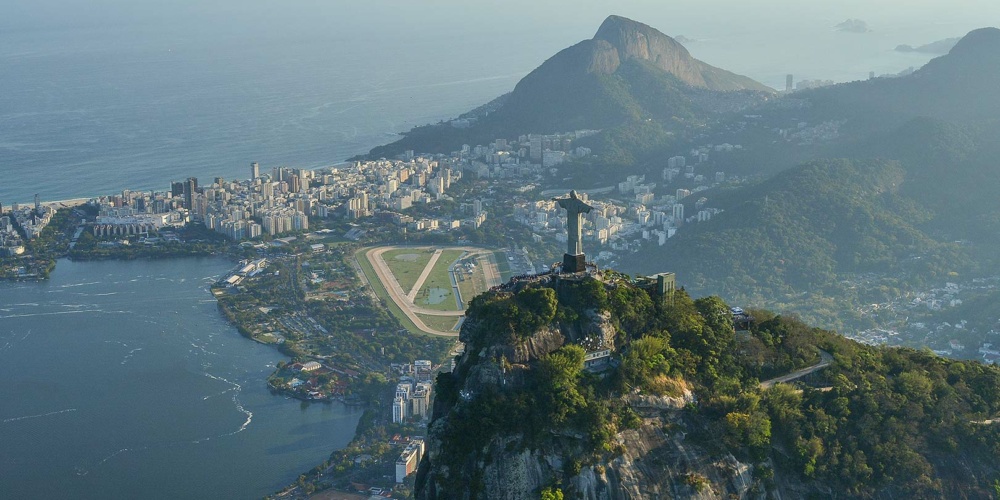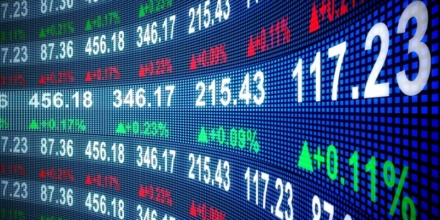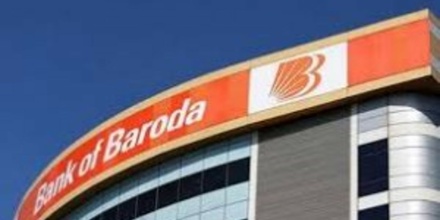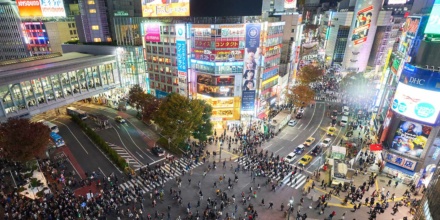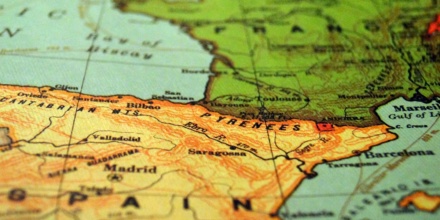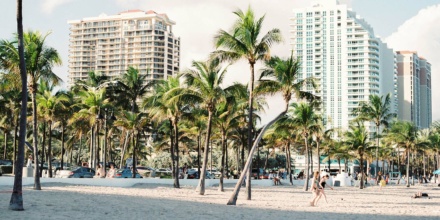Mergers Alliance partner in Brazil launches its country overview, showing how tightening EM financial conditions and political uncertainties are slowing down Brazil’s economic recovery
Key observations from our research
Brazilian GDP rose 1.0% on the second quarter of the year when compared to the second quarter of 2017, consolidating the fifth straight quarter with economic growth after a 12-quarter recession period.
Recent improvements on some activity indicators, such as private indebtedness and net job creation, are positively impacting consumer and industry confidence levels.
Despite that, the rate of recovery is increasingly diminishing ahead of the presidential elections in October, with important challenges regarding the equalization of Brazil’s fiscal situation, a wide-open presidency race and worsening emerging market conditions, which is leading to a large BRL depreciation and financial outflow.
Inflation and base interest rates are in historically-low levels, but may face upwards pressure from political and macroeconomic events in the next months.
Brazilian financial markets started strong in 2018, with 3 IPOs amounting to USD1.8billion (97% increase in volume when compared to 1Q2017), but activity has since slowed down as companies await for some definition on the political front and a more stabilized currency.
Regarding the presidential elections, right-wing congressman Jair Bolsonarostill leads polls with 28% of vote intentions (as of September 18th), trailed by the Worker’s Party candidate Fernando Haddad.

